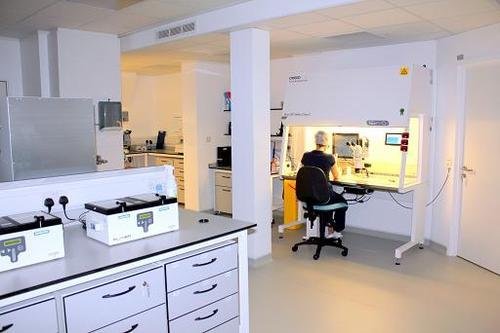Air quality in IVF centres may put pregnant women at risk: Study
December 13, 2022 | Tuesday | News
Aura Air’s study finds health-threatening concentrations of Volatile Organic Compounds
image credit- shutterstock
Air-purifier manufacturer Aura Air, who has recently partnered with WIPRO Lighting for an exclusive partnership for India, has conducted a study on Air Quality Index (AQI) inside In Vitro Fertilisation (IVF) centres across India.
IVF procedures require a stable culture environment in which indoor air quality plays a crucial role. Indoor air quality parameters like Volatile Organic Compounds (VOCs), Particulate Matter or PM 2.5 and PM 10 have a direct impact over the procedure outcome.
Israel-based startup Aura Air took the initiative to see the IAQ (Indoor Air Quality) in various well known IVF centres and the results are disconcerting. During the study, Aura Air found that the AQI in the lab spiked over 250 on average at several occasions which is classified to be unhealthy and life threatening.
VOC, a common indoor air-pollutant was the dominant pollutant of the study, in which the highest recorded level was 2600ppb (parts per billion), whereas the permissible or safe level is less than 500ppb. It was found that CO2, PM 2.5, PM 10 and CO levels were within the permissible range.
Bharadwaj P V, Managing Director, Aura Air said, “Air particles or any kind of pollutants found within labs can be detrimental to the entire IVF process. This study was conducted to create awareness about the importance of monitoring air-quality in real time. In fact, the Assisted Reproductive Technology (ART) Bill mandates monthly air-quality reports for Indian IVF centres. IVF centres today have a dedicated budget for equipment that monitors and reduces VOC levels (such as a Photoionisation Detector, which has also been listed in the ART Bill).










